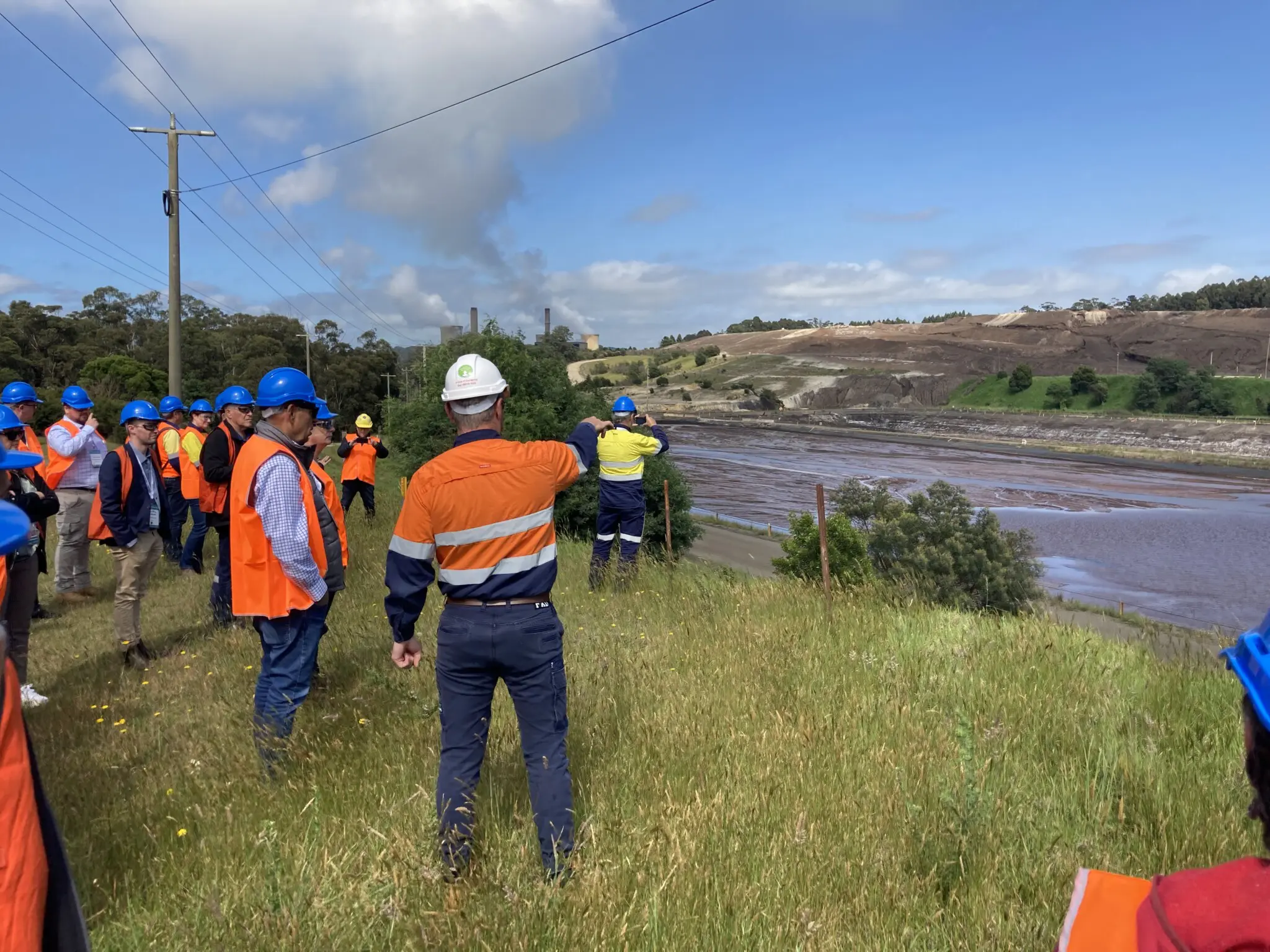These project ideas are in the early stages, and as conceptual projects, we invite industry, government, and regional stakeholders to participate actively in shaping their development.
Approved projects
- Collaborative planning for post-mining development in Latrobe Valley (stage 2)
Program: Regional Economic Development
Proponents: Federation University
Project Leader: Dr Jessica Reeves
By 2035, Latrobe Valley’s coal mines will cease, opening 130 km² for repurposing. Stage 2 of Project 1.7 collaboratively plans post-mining development by engaging stakeholders to devise land use mixes and scenarios, now presenting options to diverse groups for deliberation. The outcomes will inform future land use planning, demonstrating effective multi-stakeholder engagement. - Broadening NPV through a multi-criteria optimisation framework based on CRC TiME Values research
Program: Risk, Evaluation and Planning
Proponents: Curtin University
Project Leader: Associate Professor Bryan Maybee
Current mine planning prioritises NPV, often neglecting diverse stakeholder interests. This project aims to develop a multi-criteria optimisation framework considering post-mining economies and closure risks. It seeks to integrate stakeholder perspectives into decision-making, enhancing dialogue, mitigating risks, and fostering greater societal acceptance of mining activities for more sustainable outcomes. - Regional Cumulative Effects Assessment Management (RCEAM) to support transitions in mining economies (stage 2)
Program: Data Integration, Forecasting and Scale
Proponents: Western Australian Biodiversity Science Institute, Murdoch University
Project Leaders: Darren Murphy, Dr Jenny Pope
Regional economic transitions, especially post-mine closures, involve cumulative effects that span environmental, social, economic, and cultural aspects. Currently, there is a lack of tools and governance structures to predict and manage these impacts at a regional scale. This presents challenges in handling legacy risks for safe site relinquishment and shaping positive, economically diverse futures for mining regions and communities. Successful transitions require collaboration with diverse stakeholders, including Traditional Owners, addressing both legacy issues and forward-looking development. - Optimising Ecosystem Management Areas: Integrating ground validation with remote sensing for enhanced solutions
Program: Data Integration, Forecasting and Scale
Proponents: University of Queensland, Rio Tinto & DCCEEW
Project Leader: Professor Peter Erskine
Focusing on advancing remote sensing technologies for rehabilitation monitoring, this project aims to create a centralized repository for hyperspectral and structural data. The project includes auditing the potential of these technologies, developing standardized protocols, and providing guidance to stakeholders. By enhancing data collection and analysis methods, the project supports effective rehabilitation monitoring and closure planning.
Project proposals in development
- Identifying, quantifying, and managing acceptable levels of transferrable residual risk: A desktop study of global best practice
Program: Risk, Evaluation and Planning
Proponents: Curtin University
Project Leaders: Associate Professor Bryan Maybee
The project aims to establish methods for miners to identify and quantify residual risks for land relinquishment. It seeks to address knowledge gaps and implement best practices for risk management, facilitating land transfer to alternate use categories. CRC TiME plans to develop a transparent methodology for residual risk calculation and liability offset.
Concepts under exploration
- Alternative usages of mined lands for new energy applications
Program: Data Integration, Forecasting and Scale
Proponents: Federation University Australia & Curtin University
Project Leader: Professor Syed Islam
This project explores the feasibility of repurposing active and abandoned mines for renewable energy production and storage. The initial phase includes a comprehensive literature review, a global study of renewable energy projects, and an engagement workshop to identify opportunities and barriers in Australia. Essential data requirements for analyzing renewable energy feasibility at mines will be proposed, setting the stage for innovative energy solutions. - Environmental genomics for life-of-mine biomonitoring and biodiversity assessments
Program: Data Integration, Forecasting and Scale
Proponents: Curtin University, DCCEEW, & Illumina
Project Leader: Dr Jason Kirby
This project pioneers the use of environmental genomics for biomonitoring and biodiversity assessments at mine sites. Through partner workshops and conversations, the project assesses the utility of genomic tools, identifies best practices, and determines key enablers and barriers. The subsequent phase involves developing case studies and guidance for the mining industry, fostering the adoption of genomic data to manage biodiversity risks effectively. - Developing and trialling a framework to guide regional repurposing of closed and abandoned mines: a people-centred approach
Program: Regional Economic Development - Systemic change in mine closure and repurposing policy and legislative framework
Program: Regional Economic Development - Securitisation of intangible training for mining companies
Program: Risk, Evaluation and Planning - Native seed procurement training for mining companies
Program: Operational Solutions - Australian Water Atlas for Resource Extraction (AWARE)
Program: Operational Solutions - Incorporating climate change risk in closure planning
Program: Operational Solutions
Information sessions for some of the concepts in development will be held around February 2024. Contact us to express your interest.


